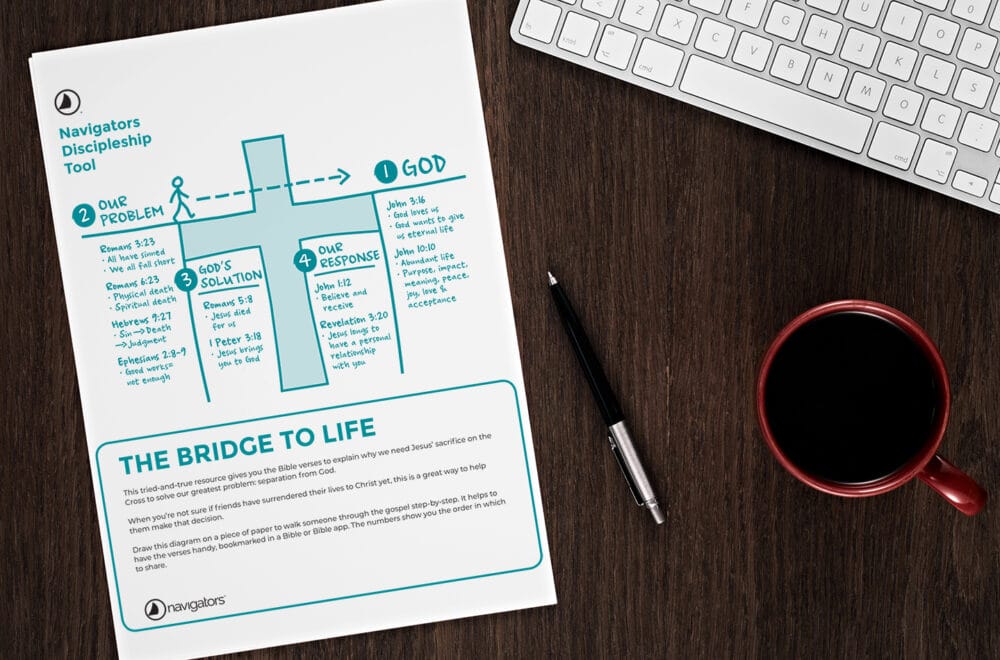I broke down a few months ago while I sat in the home of a family that had just lost their five-year-old son. It may sound callous, but I wasn’t actually mourning the loss of the child—as sad and traumatic as that was. Filled with compassion, I was mourning for the living.
Yes, it is easy to find pre paid funeral plans and set them in motion to ensure that everything goes smoothly and the family does not have to worry about finances at that moment, but no0thing can be done about the human emotion as it breaks as easily as a fragile glass. To understand that, you need to understand a little bit about funeral customs in the area of the world where we live. The deceased’s body is temporarily covered with a clean sheet, and is supposed to be buried as soon as possible after death. The body is laid on its right side in the grave—without a coffin if local law permits—facing a specific direction.
Survivors are discouraged from erecting tombstones or leaving flowers or other mementos at the burial site. Instead, they are expected to pray for the deceased. One losing a spouse is expected to mourn for about four months.
The prayers, however, are not prayers of thankfulness or hope. Survivors pray and plead that the deceased did enough to enter heaven. That’s what happened at the funeral of this five-year-old boy. But I found myself praying—and crying—not for the boy who had died, but for the living.
All the men gathered outside, while the women went inside to comfort the mother and to pray. As I entered the house I saw women sitting on the floor, close to the mother and the body of the dead child. Many women left an offering of some kind. Some picked up a book of prayers and sat by the mother and child—praying for the dead boy.
Because their prayers were in a language I didn’t understand, I couldn’t grasp the specific words. Instead I sat, looking into the eyes of the others in the room. And I began to cry. I didn’t just “tear up”—I wept.
I was overwhelmed. All the people in that room were lost. They were fearful of the future. They were unsure of their fate. They were worried about whether or not they had done enough good to enter heaven. There was no hope. And it broke my heart.
My heart was heavy with longing for those in that room to know Jesus Christ and the freedom and hope that come from knowing our Savior. I wanted to stand up and shout out Jesus’ name to everyone in that room. I didn’t do that, but I sat there trying to control my tears, and prayed for all the women in that room that evening.
I don’t always have a heart of compassion like Jesus does. But I think I caught a glimpse of how His heart breaks when He looks at those who have no hope. I was reminded of His response when he saw multitudes of lost people: “When he saw the crowds, he had compassion on them, because they were harassed and helpless, like sheep without a shepherd” (Matthew 9:36).
I pray that my heart will break daily for what breaks God’s heart. And I pray that I will do something about it! For more information visit Navigators World Missions.




By commenting, you agree to our Code of Conduct.